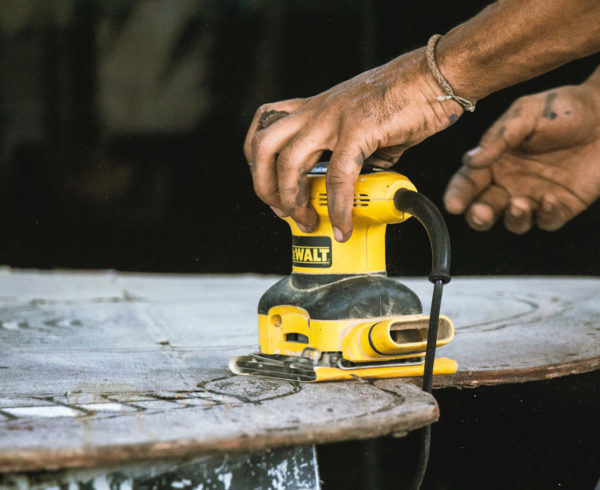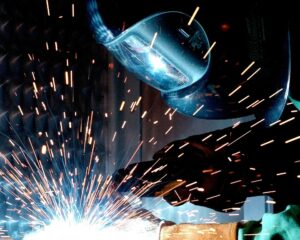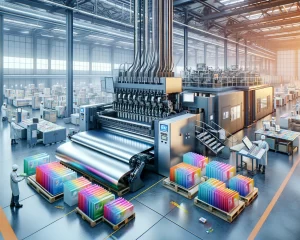A common view is only the wealthy can afford to be sustainable. However, is being sustainable as costly as we think? According to the International Renewable Energy Agency, the cost of solar and wind energy has fallen by 69% and 18% respectively between 2010 and 2016, and soon, renewable energy will be cheaper than fossil fuels.
In the food sector, consumers are becoming increasingly educated about where products are sourced from and how they are produced. Ecological responsibility is gradually going mainstream, and once the mass production tipping point is reached, eco-friendly food and goods will be available at affordable prices.
In the meantime, many retailers are enjoying a competitive advantage and a growing industry. According to Forbes, the number one trend in food is a term named “mindfulness”.
“Mindfulness reflects a new consumer attitude, mostly led by millennials, to truly understand everything possible about a particular food or beverage and then support the company, whether it be a brand or a retailer, by aligning with its values and supporting it with purchases,” said contributor Phil Lempert. Retailers are moving quickly to create more sustainable supply chains and brand themselves as sustainable companies.
That paradigm shift and the operations underpinning it is what Reevin Frank finds so compelling. Market actors are starting to realise ‘eco-friendly’ and ‘sustainable’ does not just create reputational benefit but adds to the bottom line.
Reevin says there are two approaches companies can take to increase profit through sustainability: cost or revenue-based strategies. “The cost side is fundamentally around revaluating organisations’ use of energy, water, waste and input resources or leveraging government incentives.”
“For a manufacturing company, can they supplement buying virgin materials for recycled or waste materials? Can smart meters or renewable energy be used to dramatically reduce energy costs? If the appetite is there, the opportunities are vast.”
On the revenue side, businesses can generate income based on innovations through their value chain.
“For example, a coffee shop can generate a ton of coffee waste which it inevitably throws out, but, mushrooms love coffee and a small coffee shop like The Grind can grow mushrooms and sell it as an extra revenue source. If you’re big enough, you can create electricity out of the stuff. Innovations like these are very interesting to me,” Reevin explains.
Reevin believes South Africa is nowhere close to embracing sustainability at the same levels as its European peers, because the same drivers do not exist, including regulation, waste costs and incentive schemes.
“Germany, the Netherlands, parts of the UK, Denmark, the Scandinavian countries, they are very progressive in this space. They’re assertive because they understand there is a first mover advantage,” he says.
The Danes are a dominant player in the global wind energy market because they were the first to significantly invest in it four to five decades ago. Initial costs were high but as innovators and early adopters, they gained a significant competitive advantage.
“They [the Danes] are now major manufacturers of wind turbines, and more interestingly, export their building and project management expertise globally” Reevin says.
“South Africa has a very similar opportunity within Africa and beyond very niche operators, people aren’t thinking about it. It is poised for growth. The skills needed in the next couple of years will centre on sustainability management.”
Further indicators are universities creating dedicated sustainability management programmes and the role of the chief sustainability officer becoming increasingly visible in the corporate sector. The narrative is further underlined by the ecological zeitgeist of climate change and global warming.
“We are risk-averse country. We don’t particularly like change and there aren’t many companies doing this. There aren’t many people thinking about sustainability management, and sustainable design – but this will change,” Reevin says.
“As case studies start coming through, as people start to understand what customers want, the competitive advantage and cost savings that can come about, in five to 10 years it will be a vibrant space to work in.”
Want to learn more about Letsema? Connect with our staff on LinkedIn or call 011 233 0000.









